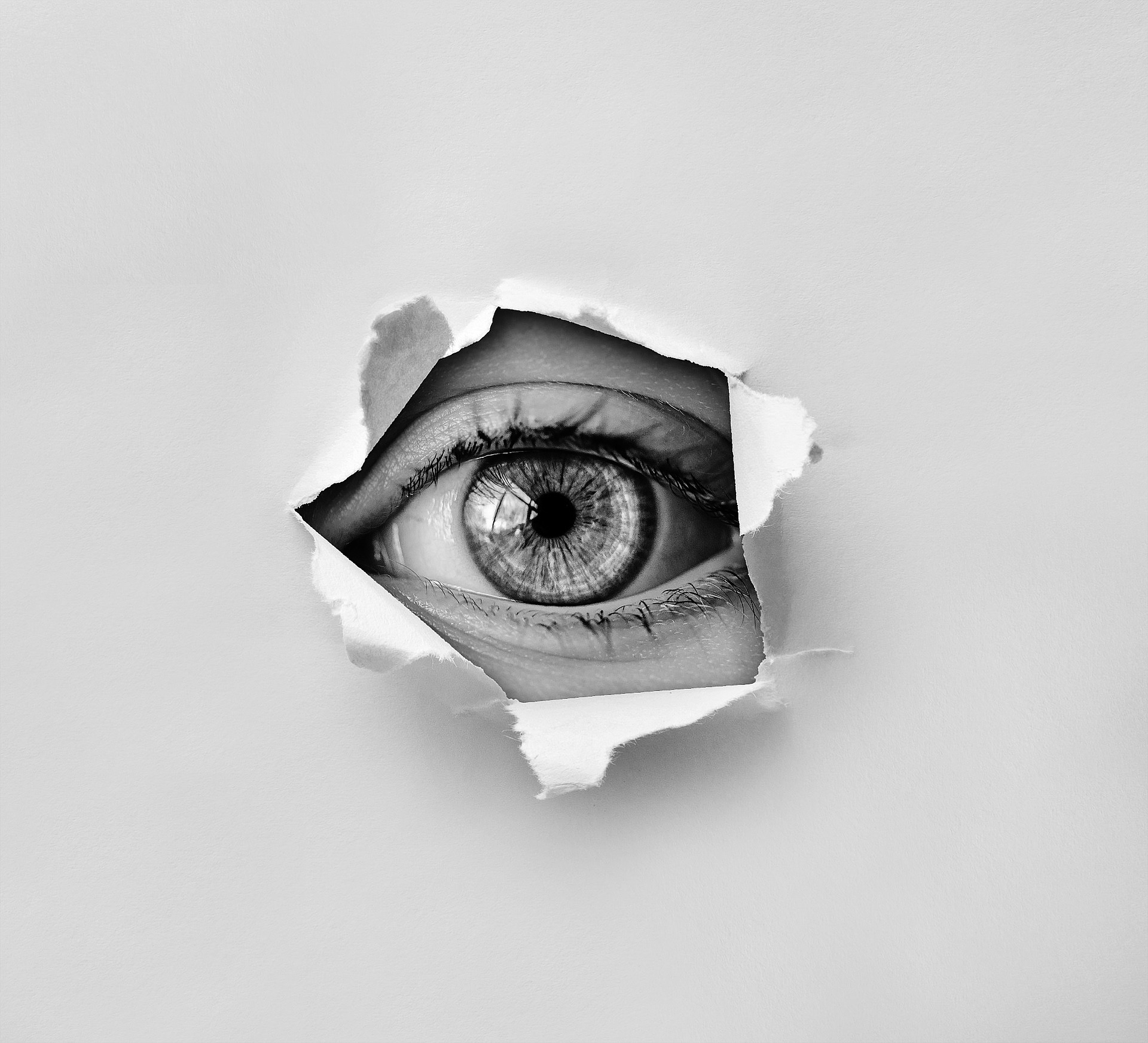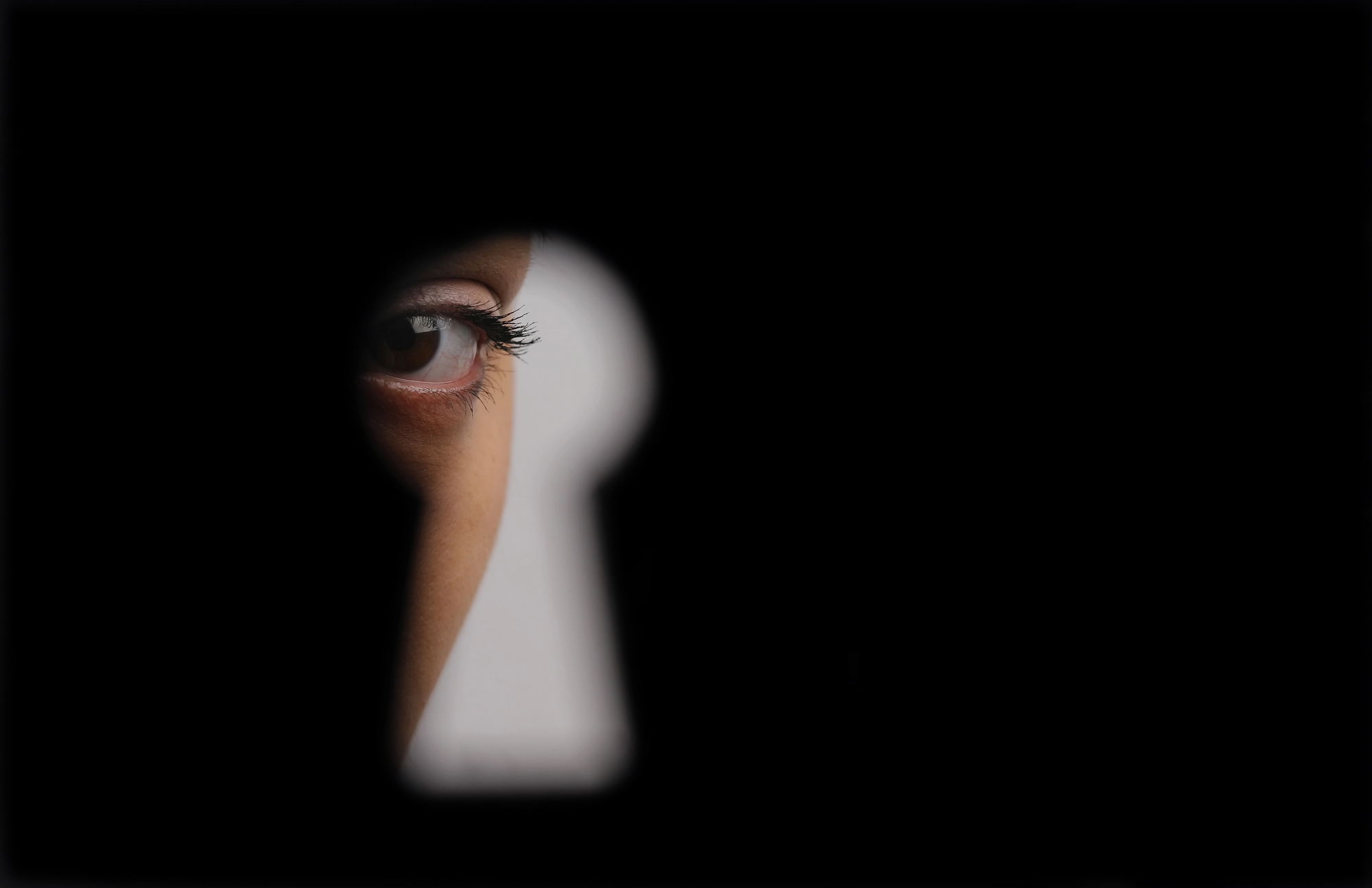Voyeurism Lawyers In Toronto
Voyeurism refers to the act of secretly watching or making a visual recording such as a picture or video of a person in an environment where there is reasonable expectation of privacy or for sexual purposes.
The offence is covered under s.162 of the Canadian Criminal code, and can be found in Part V. Part V covers Sexual Offences, Public Morals & Disorderly Conduct
Voyeurism is a hybrid offence and conviction can be made either summarily or by indictment depending on the election of the Crown. The maximum jail term upon conviction is incarceration not lasting more than 5years.
Key Takeaways
- A voyeurism charge is considered a hybrid offence in Toronto, and the severity of the penalty is dependent on the election of the Crown.
- A person convicted by indictment may be incarcerated for a maximum of 5 years, whereas a summary conviction may incur a maximum fine of $5,000, and/or imprisonment for 2years less than a day.
- The accused may be required to sign a promise to appear document, and strict restrictions such as house arrests, curfews, barring from travel, and restrictive access to gadgets may be imposed.
- Voyeurism charges can be beaten with the help of the quality defence put up by our Lawyers at Strategic Criminal Defence. Book a Free Consultation with us now!
How can a Voyeurism Lawyer in Toronto help?
A charge for voyeurism can be very humiliating to deal with and requires the services of an expert lawyer to help the accused with the process. Our team of lawyers at Strategic Criminal Defence provide excellent precharge legal advice to help the accused navigate the investigation and trial process such as knowing how to interact with and respond to questions from law enforcement agents. The accused will also be guided on the content of their statements and how to interact with the victim to ensure that they do not incriminate themselves further through their statements.
Our defence lawyers will also interview witnesses and examine their statements in order to ascertain the merits of the case and build a solid defence strategy, and where necessary, expert witnesses may be retained to add credibility to the defence during trial.

Voyeurism Charge in the Criminal Code of Canada
With the advent of technology and the use of cell phones, crimes like voyeurism appear to be on the rise. Guidelines on the charge of voyeurism have only been in existence in Canada since 2005, thus the charge appears to be a relatively new one. However, the purpose of the charge is to protect people from infringement of privacy as well as sexual exploitation. Before 2005, persons found secretly watching or making indecent videos of another person received a mischief charge. The Canadian Criminal Code explains voyeurism as invasion of privacy for the purpose of sexual gratification either in person (e.g. peeping through locked doors), or electronically using gadgets such as mobile phones to take pictures or make recordings of people in an environment where there is reasonable expectation of privacy.
Examples of Voyeurism Charges
A person can be charged for voyeurism in any of the following situations:
- Secretly watching someone who is changing or bathing in a private room through a peep hole.
- Filming a partner during sex without informed consent, or secretly taking pictures of a partner whilst having online sex
- Hiding cameras in a private room or public bathroom to secretly record people’s activities, as well as hiding a cellular device under people’s clothes
- Secretly watching or recording a couple in a private room such as a hotel room, during sexual intercourse
It is important to note that a person does not have to make visual recordings for a charge of voyeurism to be incurred. Physically observing a person who is nude or engaging in sexual activity in an area where they are entitled to their privacy is still considered voyeurism.
Consequences of a Voyeurism Charge
Voyeurism is considered a hybrid offence in Canada; thus, the Crown may elect to proceed summarily or by indictment depending on the specific facts of the case. The degree of the penalty is dependent on the election of the crown.
A voyeurism conviction by indictment may incur a maximum penalty of 5years imprisonment. If the accused is convicted summarily, the General penalty guidelines in s.787 (1) may apply. The guidelines prescribe a maximum fine of $5,000 prison term of 2years less a day, or both.
As with any other type of criminal matter, being convicted for voyeurism may have far reaching effects such as restrictions to employment opportunities (especially with children and vulnerable adults), travel and immigration difficulties, and negative attitudes towards the accused. Upon conviction, the Sexual Offender Information Registration Act (SOIRA) may also require that the offender is registered in the database as a sex offender.
Voyeurism Charge Defences
Each case is attended to based on the facts surrounding the case, and the strength of the evidence presented by the prosecution. However, our expert team can ensure that the case does not get to trial. This could be done through negotiating a withdrawal of charge by convincing the Crown that the case has no reasonable prospect of conviction upon trial, initiating a stay of proceedings, or creating a diversion by negotiating milder sanctions such as community service, or a written apology, to ensure that the accused does not incur a criminal record.
However, in the event that the case proceeds to trial, here are a few defence strategies that may be employed;
- Factual Innocence: The defence may want to proof that the facts of the case do not support the presence of the accused at the scene, or that the accused was secretly observing or making media records of the victim.
- Absence of Key Elements of the Crime: A voyeurism charge rests on two core elements (physical and mental). The defence can therefore cast doubts on any of the elements by proving that based on location or relationship to the accused, there was no reasonable expectation of privacy, or that the method of observation/recording does not support the act being carried out secretly. The defence may further raise that though the complainant was observed/recorded in a private environment, there was no substantial reason for expectation of nudity, and that there was no premeditated sexual undertone or intent.
- Identity: In areas where there are no surveillance cameras, or in instances where the quality of the available footage is poor, the defence may raise that the accused was wrongly identified. This would however require a strong alibi as well as corroborative evidence.
- Public Good: s.162 (6) of the criminal code holds that a person cannot be charged for voyeurism if the act was carried out for the god of the public and did not extend beyond what would be beneficial to the public.
- Violation of Rights: The rights and freedoms of all persons residing in Canada are contained in the Constitutional Charter of Rights and Freedoms. The defence could raise that the accused was not informed about his/her rights , or that any of the rights so stated was infringed upon by the Law enforcement agents before, during or after arrest.
Voyeurism Charge Investigation
The investigation into a voyeurism charge usually begins when the victim makes a complaint at a Local Police Station. The complainant as well as any witnesses available may be asked to make written statements. On the basis of the details provided, Law Enforcement agents begin the investigation process to find evidence that corroborates the veracity of the complainant’s claims.
The investigation process may involve reviewing surveillance footages if available, interviewing witnesses, identifying the suspect and confiscating valuable evidence such as mobile phones and other gadgets. Photographs of the crime scene as well as forensic evidence to proof the presence of the suspect at the scene may also be obtained.
An arrest will formally be made when a suspect has been identified, or the suspect could be called in for questioning. Thereafter, a disclosure package will be made available to the crown lawyer, which may also be presented to the accused upon request.

Bail Conditions for Voyeurism Charges
It is unlikely that a person charged with voyeurism will be denied bail however; strict restrictions may be enforced in the bail conditions. The accused may be released at the crime scene if there is a release order on grounds that they sign a promise to appear other document which contains a detailed outline of the charge and any required appearances.
Where the accused has a pre-existing criminal record, or if there are secondary charges such as breaking and entering, a bail hearing may be required which will typically be held within 24 hours upon arrest.
Because voyeurism is a sex related offence, the accused may face stringent restrictions such as curfew, house arrest, and travel ban. Further restrictions such as barring of access to the location of the crime may also be imposed and this can have grave consequences especially where the offence was carried out at a place of employment. The accused may also be prohibited from accessing a weapon, and using gadgets such as mobile phones may be restricted if the gadget aided in the commission of the offence. In Toronto, a minimum cash deposit for bail may also be imposed.
Frequently Asked Questions: Criminal Harassment
Will a voyeurism charge show on my criminal record while the case is ongoing?
Yes, a voyeurism will charge will show on your criminal record while the case is in progress as an entry would have been made in the Canadian Police Information Centre (CPIC) database upon arrest.
Will a voyeurism charge show on my criminal record after the case is done?
A voyeurism will permanently remain on the Criminal Record of the accused if the person was convicted for the charge after trial, unless a record suspension is granted. The charge will also remain on your record even if it is dismissed, withdrawn or acquitted unless a purge or record destruction application is made through a lawyer.
How long does a voyeurism case take?
The length of the case is dependent on the specific facts of the case as well as the presence of other charges. Legal procedures such as evidence gathering and preparation of a disclosure package may also lengthen the time. Generally however, proceedings are expected to commence within 12months of the offence.
Can I travel when a voyeurism case is ongoing?
There are no legal restrictions for travel during trial in Canada however, travel restrictions may be imposed on the person during bail to ensure that they remain within the jurisdiction of the case. This may also apply where there is a pre-existing criminal record or secondary charges such as breaking and entering.
Can I go to jail for voyeurism charges?
Although uncommon, a person convicted for voyeurism may be liable to a jail term ranging from 2years less a day, to 5years depending on the conviction procedure elected by the crown. A maximum fine of $5,000 may also be imposed.
Related Offences
- Child Pornography: Child Pornography refers to any act by a person that involves accessing, possessing, distributing, and making pictures or videos of a child engaging in sexual acts or for sexual purposes.
- Sexual Assault: Sexual assault refers to any kind of unwanted activity, and may include a variety of sex related charges such as aggravated sexual assault and sexual assault with a weapon.




